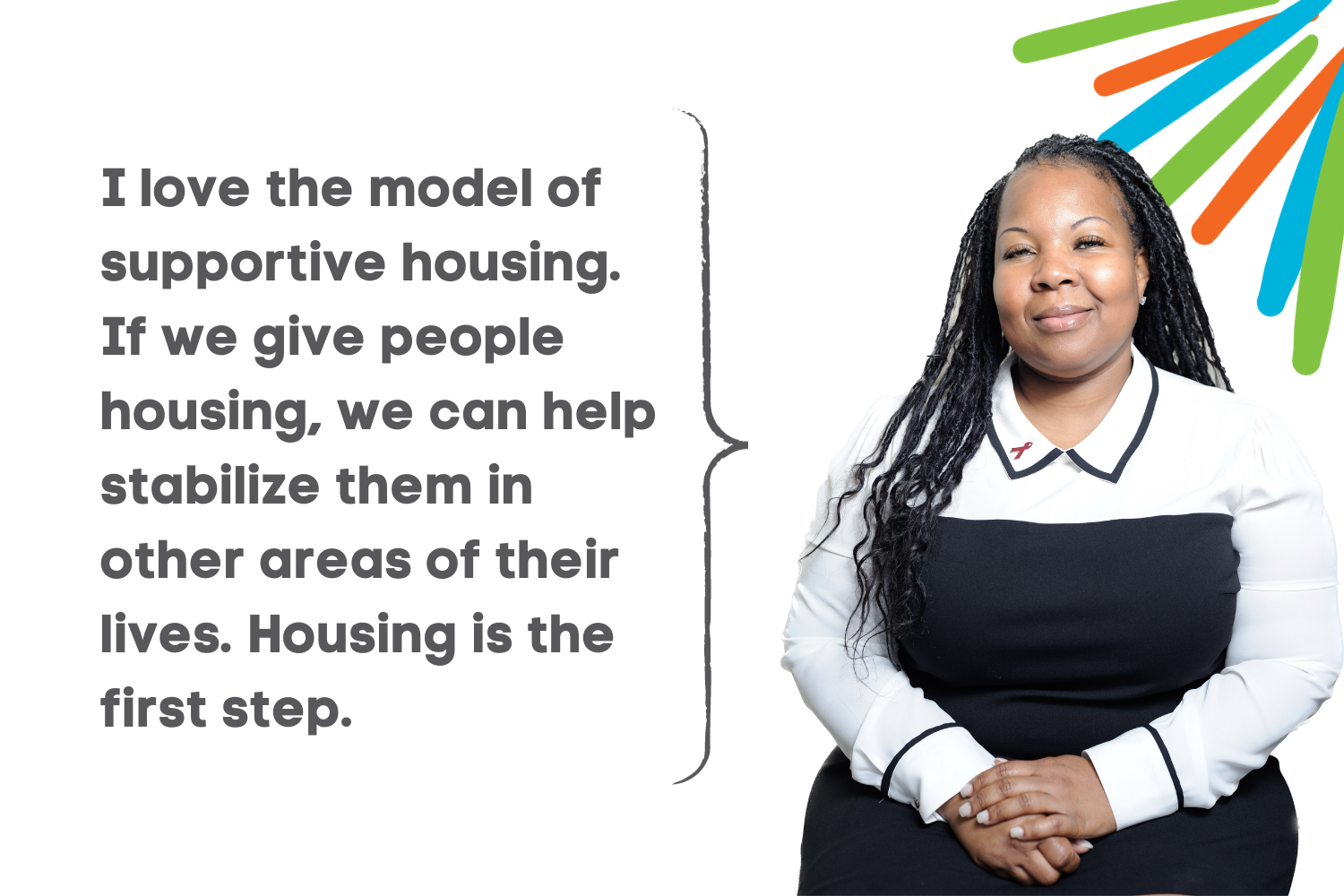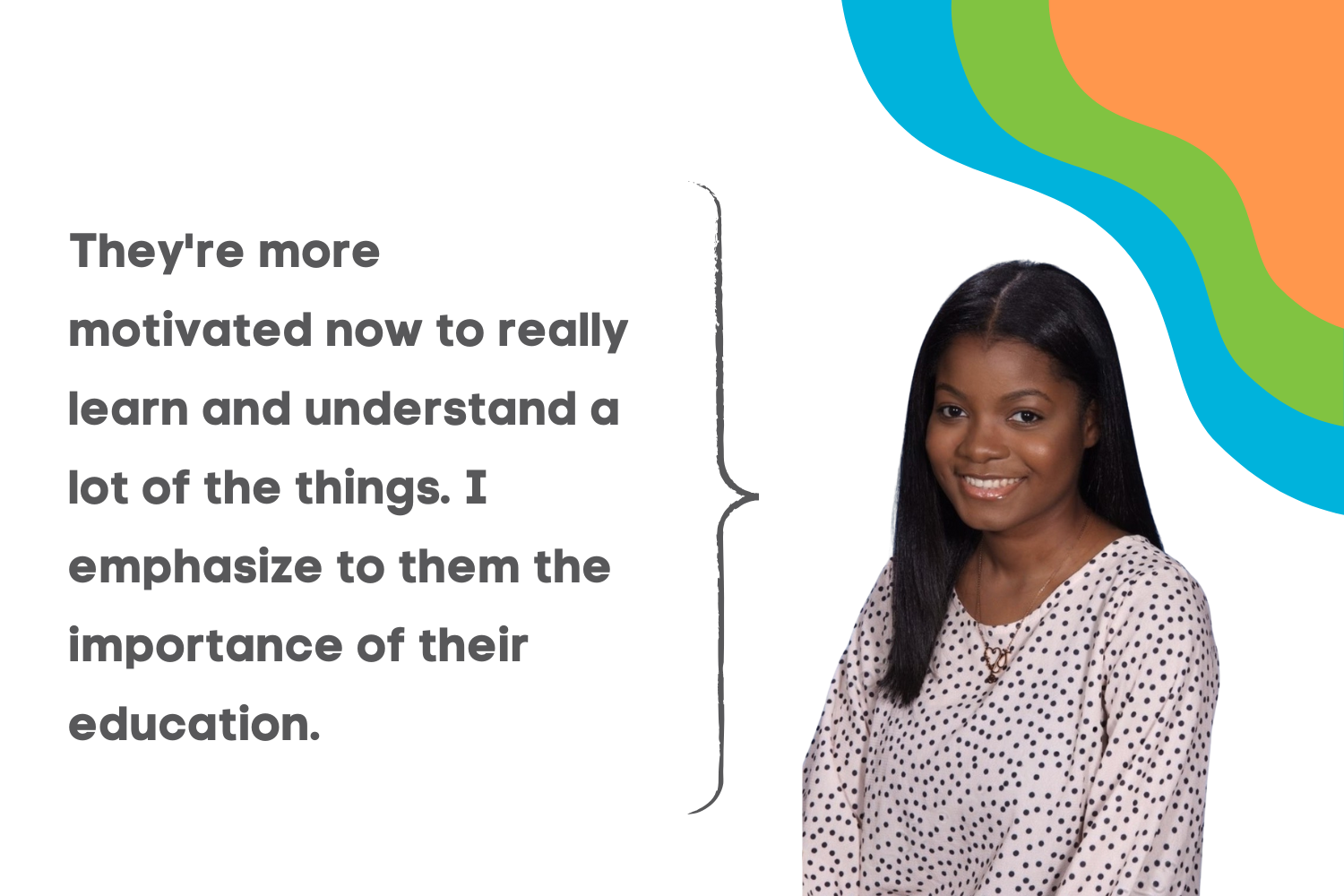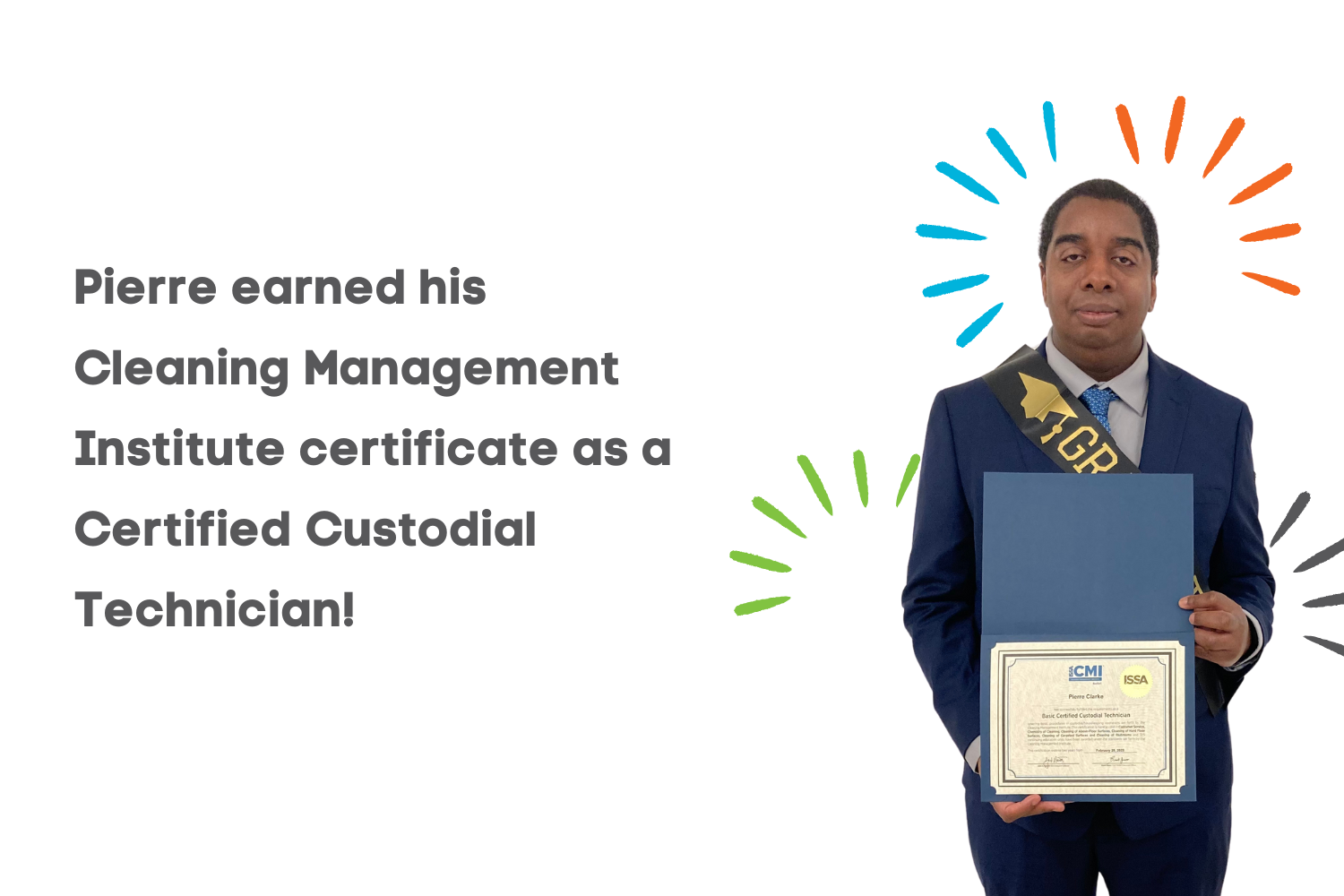Staff Spotlight: Tracy Coit, Division Director, of Health, Housing, and Homelessness Solutions

[Interview from 9/12/2023]
Can you tell me about yourself and your role here and how long you’ve worked at BCS?
I’m Tracy Coit, I was born and raised in Brooklyn. I have my master’s degree in social work. I am the division director here for the Health, Housing, and Homelessness Solutions division. And I’ve been working for BCS for almost exactly two years.
What was your first position here?
My first position was the program director at Sea Rise, a supportive housing program in Coney Island. And then, about a year and a half of being at BCS, I got promoted to the Deputy Director for Supportive Housing, where I oversaw Cortelyou, Sea Rise, and Redhook supportive housing programs.
What brought you to BCS? What pulled you in?
Because it is Brooklyn, and they’ve been around a very long time. Anytime I was at an organization, and I started doing a job search, I would apply for jobs here at BCS. [Laughs] But I would never get called. So during the pandemic, I was working for a family shelter and I just needed something a little slower paced, because it was a big shelter, one of the largest shelters in New York City. It was crisis after crisis after crisis so I just needed something slower paced. So I applied for the position at BCS and was offered it and here I am,
What is it about the issue of housing that intrigues you as a social worker?
My background is in residential, which encompasses everything from street outreach to safe havens, to congregate care, and supportive housing. And really what intrigues me about supportive housing in general is that it’s housing first. If we can give them housing, then we can help stabilize them in other areas of their lives. I love the model of supportive housing; you don’t have to be clean if you’re using substances, there’s no prerequisite to move in. As long as you fit the criteria, you have a mental illness, you have a history of being unhoused, etc., you can get your key. And then we wrap services around you to support you in your transition from being unhoused to being housed. And support you in working on other things, whether it’s medical, mental health, going back to school, or looking for work.
Can you tell me your favorite part of your job? I know your current position is very new, but it can also be from your past positions at BCS.
In my new position, I like that on my level when a client puts in a grievance, I get to really look into that grievance. From talking to the client, and then investigating the grievance, and then circling back to them to tell them the findings. I like that clients feel that they can come and talk to me about what’s going on in the program.
What’s the most challenging part of your job? Or something that when you first started was a big challenge?
Just really trying to juggle it all. In this position I oversee seven programs. I have to ensure that all the programs are providing a high level of services and sometimes that can be hard when it’s so many programs, and I’m still learning the programs.
In terms of looking at a bigger scope. Why do you think BCS supportive housing programs are so important in Brooklyn?
I think because the rate of people living on the streets is very high. Years ago you would see unhoused people at Grand Central Station or Penn Station in Manhattan. But now, you can go to any neighborhood and see someone unhoused or any train station in Brooklyn. In the past you would really just see single people, men, or women, or maybe a couple, but now you see families which is sad. So it’s really important to have good supportive housing. And not only for single adults, but families as well.
Could you explain the difference between shelters and supportive housing?
Definitely. A shelter is transitional housing, so that means you’re staying there temporarily, until you find housing. Supportive housing is permanent; once you move in, that’s your key and you get a lease. You pay 30% of your income, or you might have a subsidy, and the apartment is yours until you’re ready to move on. For the shelter, you’re given a certain timeframe to find housing. Your case management services will be wrapped around. If you’re working, saving your money to get housing, if you qualify for some subsidies or HRA 2010e, they’re working with you on those things. If you get approved for HR 2010e, then they can send your packages out to see what you qualify for.
Ok, BCS’ supportive housing programs are Cortelyou, Sea Rise and …?
Henry Street Housing in Red Hook. You don’t necessarily have to have a mental illness to live at that one. With the other ones, there’s that criteria, but for Henry Street, you just have to be homeless, but you could come from a general shelter. For that particular program, it’s 30 units, but it’s all BCS. At Cortelyou and Sea Rise, it’s community tenants. At Sea Rise, we have 200 apartments in that building, but BCS only has 72 of them. And Cortelyou, there are 72 units, and we only have 46 apartments. But we build community. Just because you have a mental illness, or you have some special needs, you should still be able to cohabitate in a building with people that don’t have those needs.
Now in your new role, you’re not just working with supportive housing. You’re working with more public health programs like the Shower Bus. What are you looking forward to working with these other programs? Is it exciting for you?
It is! With the Shower Bus, you’re giving people showers that don’t have access to take showers. It’s continuity care, we have our Street Outreach program where we’re educating people and doing HIV testing for people out there. Also, we have a new program coming that’s a harm reduction exchange program. Then there’s shelter which is transitional housing, and then you have permanent housing. It’s continuity of care. One person could start at the Shower Bus and move into our shelters and into supportive housing. We’ve had clients at the women’s shelter that move into Sea Rise and Cortelyou. We haven’t had anyone starting from the Shower Bus to the shelter, but it can easily happen. If our staff see a young woman on the street with a mental illness, and she goes to an assessment center, she could easily go to the BCS women’s shelter, and then once she gets herself together could easily qualify for Sea Rise or Cortelyou.
As a social worker in a field like supportive housing, I’m sure it’s challenging. For someone that is an aspiring social worker or wants to get into this field, do you have advice on how to take care of yourself when you’re in this line of work?
I always say, ‘A social worker needs a social worker.’ I always say that. I also think about having a support system outside of work. It shouldn’t always be work, work work, you can have a support system of other social workers that came up with you, but you’re always going to be talking about work. Having your own support, outside of work, it can be family, or it can be friends that have other interests. I recommend having friends in different fields. I do believe in hydrating and getting enough rest and if you need that mental health day, take that day.
Is there anything else you’d want included in this in terms of anything you want people to know about your position?
I want people to know about the focuses of our different supportive housing programs. For example, Cortelyou focuses on young adults, and the majority of them are part of the LGBT community. It’s so important to be able to provide them with a safe and affirming housing environment. And then at Sea Rise, we have adults with mental illness. Then we have the OPWDD population, and then the young adults as well. A goal of the supportive housing model is to establish community. It’s about being very inclusive and having diverse populations so that residents can build connections with people from different backgrounds and with different life experiences.
Top Viewed Posts
Youth Art Programs
Program Spotlight: Day Habilitation
BCS Volunteers Spring into Action for Brooklyn

 SUBSCRIBE
SUBSCRIBE 












